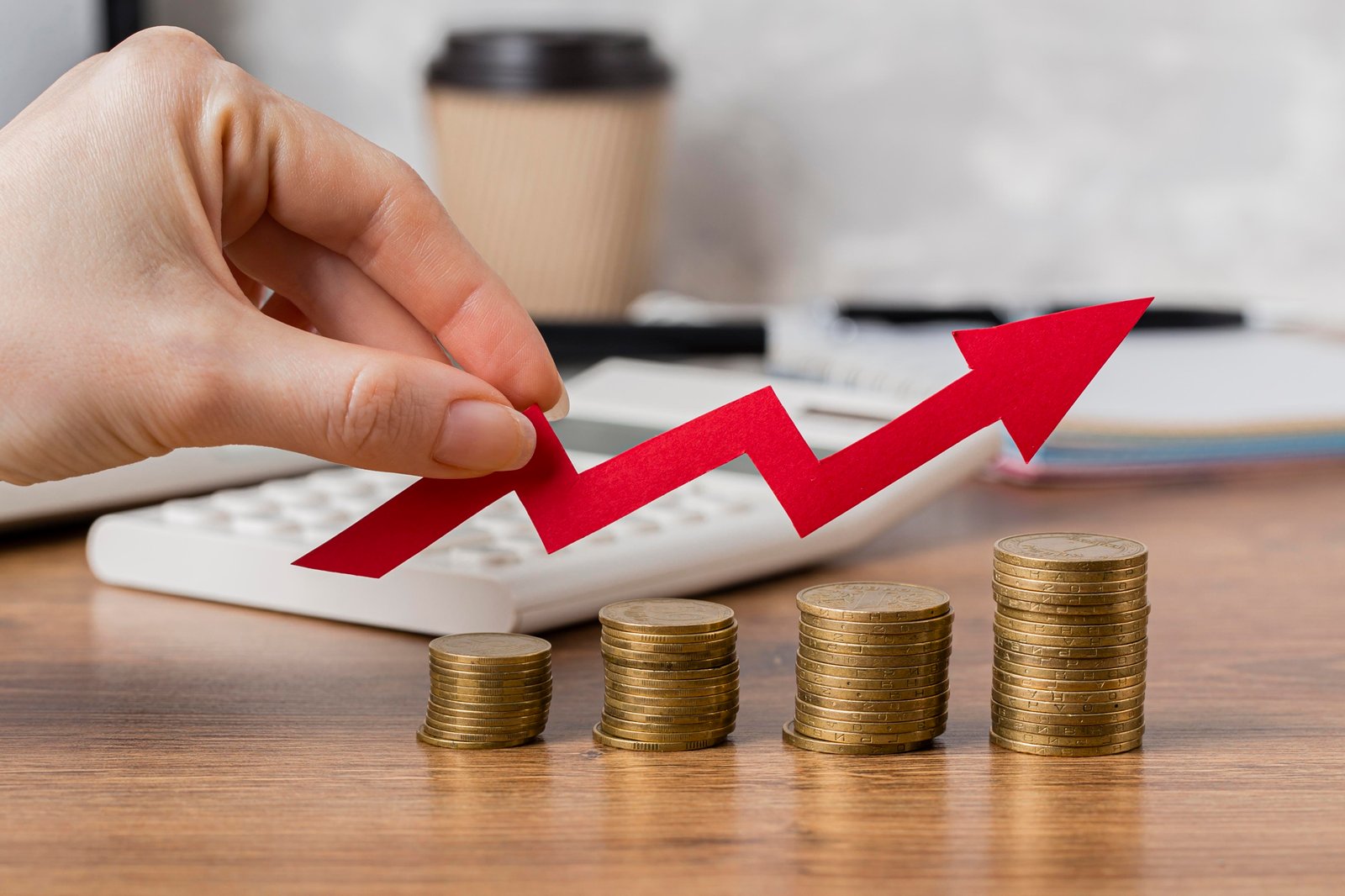When interest rates rise, home loans become costlier. This reduces affordability, slows down property demand, and can even impact resale values and investment returns. However, the effect depends on location, property type, and overall market conditions.

Introduction: Why Interest Rates Matter for Real Estate
If you’re planning to buy or sell property in 2025, you’ve probably noticed headlines about the Reserve Bank of India increasing lending rates. These changes directly influence home loan EMIs, property affordability, and resale values. Understanding how rising interest rates affect real estate can help you make smarter decisions whether you’re a first-time buyer, investor, or seller.
How Rising Interest Rates Impact Home Buyers
When banks hike mortgage rates, monthly EMIs go up. Higher borrowing costs reduce the number of people who qualify for a loan, which in turn slows housing demand. For example, a 0.5% increase in interest rates can add thousands of rupees to your EMI each year.
Key takeaway: Buyers need to re-evaluate budgets and explore fixed-rate loans or larger down payments to offset higher costs.
Effect on Property Prices and Resale Values
With fewer buyers able to afford high EMIs, some developers and sellers may offer discounts or flexible payment plans. While prices don’t always drop instantly, resale properties in less in-demand areas may experience slower price growth or even slight corrections.
Pro tip: If you’re selling, highlight unique features and maintain realistic pricing to stay competitive during high interest rate cycles.
Impact on Real Estate Investors
Investors who rely on financing see their returns shrink when interest rates go up. Higher EMIs can reduce rental yield profits. Commercial real estate, too, may feel pressure as borrowing becomes costlier for businesses.
Still, well-located properties in high-growth corridors can remain attractive long-term investments even when rates are high.
Transition to Opportunities in a High-Rate Market
Although rising rates may sound negative, they also create opportunities. Cash buyers face less competition, and those with good credit can negotiate better terms. Some buyers lock in lower fixed rates before further hikes, while others focus on undervalued segments like mid-income housing or distressed sales.
Tips for Buyers and Sellers During High Interest Rates
- Compare lenders to find the lowest home loan rate
- Increase your down payment to reduce EMI burden
- Negotiate with sellers for flexible payment plans
- Focus on long-term potential rather than short-term price fluctuations
FAQs: How Rising Interest Rates Affect Real Estate
Q1: Will property prices fall if interest rates rise?
Not always. Prices may stabilize or grow slowly, but prime properties often retain value due to strong demand.
Q2: Should I wait to buy a house until rates go down?
It depends on your finances. If you can afford the EMI and plan to stay long-term, buying now may still make sense.
Q3: How do higher rates affect resale property values?
Resale properties in slower markets may take longer to sell or see smaller price gains, but well-located homes often hold value.
Q4: Are commercial real estate investments riskier when rates rise?
Yes, because financing costs increase. But essential sectors like warehouses or healthcare properties may still perform well.
Conclusion
Rising interest rates don’t automatically mean disaster for real estate. They shift affordability, buyer behavior, and investor returns—but informed decisions, realistic pricing, and smart financing can help you navigate the market successfully in 2025.

Join The Discussion